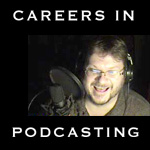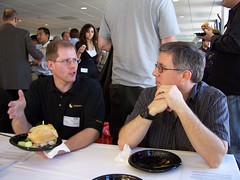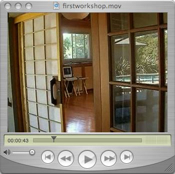Chris Brogan writes a long blog post explaining why the next PodCamp Boston will require a $50 registration fee.Unfortunately, this is only the biggest in a long line of “unconferences” that are turning from a community-driven, open access event into a closed, money-making conference. Here is my response which I posted as a comment to his blog.
Well, this certainly puts the stake in the whole “unconference” philosophy. Once again we see how something great is eventually turned into a money-making enterprise that serves the few instead of the many. I have been fighting this same battle with nearly every tech event here in LA.So $35K for an unconference? This is absolutely ridiculous. No one says there has to be breakfast, coffee, snacks, lunch, dinner, free beer at an unconference. We are there to converse and learn. If the price of these items to so onerous, simply don’t provide them. Ask people to bring something to share, bring water, etc. That fact is, we have come to see an unconference as a big party, with all the associated accoutrement and the price keeps going up. Give us space, intelligent people and a few borrowed projectors and we will have a conference. The rest is absolutely superfluous.Maybe if we turned it into less of a party, fewer people would flake out on it, since fewer people would sign up to begin with. Size is the curse of an unconference and Boston PodCamp clearly proves that. Strip it to the bare, and useful, parts and a PodCamp will shine. Overload it with fees, food and flakes and it dies, crushed under its own weight.
 This is the audio from my talk A Year of Visibility at BarCampLA-5 on March 1, 2008. The audio quality here is slightly better than the video segment, as I was using my lavaliere mics.
This is the audio from my talk A Year of Visibility at BarCampLA-5 on March 1, 2008. The audio quality here is slightly better than the video segment, as I was using my lavaliere mics.










 As you can see from my recent blog posts, I am using a wide variety of online video tools to capture classes, comments and conversation whenever I can. One concern has cropped up recently, though. Most of these services record the video in FLV (Flash Video) format. This means I can embed the videos in my web pages, but I cannot send them out to my podcast subscribers.
As you can see from my recent blog posts, I am using a wide variety of online video tools to capture classes, comments and conversation whenever I can. One concern has cropped up recently, though. Most of these services record the video in FLV (Flash Video) format. This means I can embed the videos in my web pages, but I cannot send them out to my podcast subscribers.